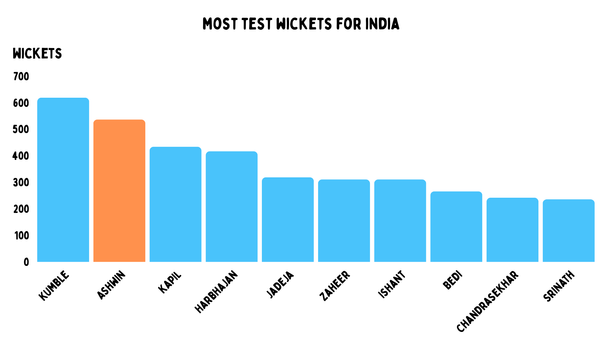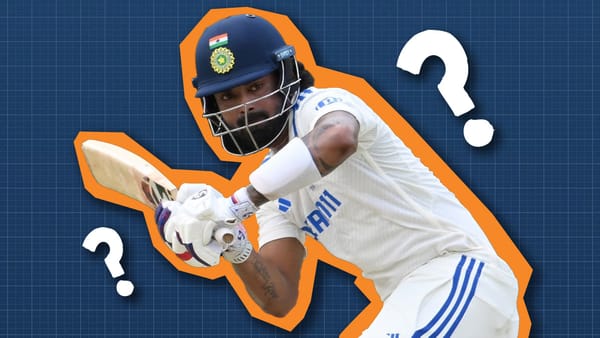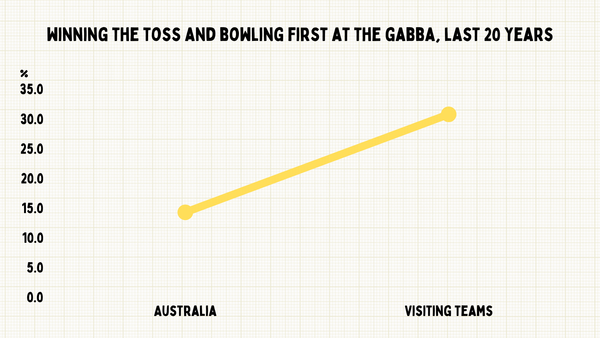The many worlds of Mike Tyson
How Tyson's comeback fits into the #world we live in.
Mike Tyson ended fights so quick they didn’t seem like real sport. To a callow boy there would be no Tyson, then lots of talk of him, then a minuscule sporting contest, a gap, and repeat. Boxers aren't like other athletes, there are no seasons, you don't even get the Olympics’ two weeks. It's just talking and fight, and as a small kid there seemed like more talk than fight. That boxing world made no sense to me then.

Next I noticed Tyson through Don King and Don King's hair related, with Las Vegas and Atlantic City and what feels like endless scandals. By the time he was fading as a boxer, I was getting into the sport. But not his fighting, the old romantic kind. The documentary When We Were Kings, Ring Magazine and David Remnick's King of the World drew me in. Tyson, nor Holyfield or Lewis, ever did it for me. My pugilism was in old books or the occasional Olympics or Commonwealth games.
Then Tyson entered Hollywood. In the Hangover, he was a relic being dusted off to be a quite literal punchline. Eliciting the "ha, it's him" noise before his plot point was over with. That was 2009, he was six years out of professional fighting, and he was being used like Bob Barker was in Happy Gilmore or Alice Cooper in Wayne's World.
Upon seeing his viral workouts, These were the world's I was taken back to. Before professionally thinking about why comebacks happen. It ended up as an episode of The Dive, my radio documentaries at talkSPORT.
Anyone who has followed sport, or was alive in the '90s, has a world that Tyson brings them back to. It may be money in sport, excellence, racism, rape, hype, corruption or gambling. Hell, for more than a few it'll be that piece of ear he bit off. He was a major cultural icon for over a decade.
This latest comeback - when it happens - is him entering another world. Chances are the fights will not be not entirely serious, somewhere between Mark Spitz's million-dollar return deal and Björn Borg's wooden racquet trolling. If they announced Tyson was about to fight a polar bear and Japanese sex robot named Asami, no one would be that surprised.
Boxers come back, people pay attention, and for every George Foreman, there is just a bunch of old blokes getting beaten up. And it doesn't matter how ripped Tyson looks - Muhammad Ali looked cut before one of his comebacks, but he already had Parkinson's. Tyson could be the world's fittest 53-year-old, and he'd still be 53. There is no right age to be hit, but if the human body was made for poundings, 53 isn't the ideal time.
But you don't have to be interested in one of the most famous men on that planet risking his life for a last curtain call, but culturally how do you fit an ancient being to the modern world?
Tyson brings with him some heavyweight baggage, the world he left in 2003 was nothing like today.
Perhaps the biggest change for him is the #BlackLivesMatter. The kinds of systemic abuses that movement is talking about is what Tyson lived through. Then he was exploited in almost every way by a corrupt business who use all the bodies of young black men to open casinos and build fortunes.
The most striking thing from Tyson's career was the language. Monster. Animal. Savage. Evil incarnate. Pit-bull. The language is now almost out of sports. It still lives on in the most heartless conservatives in the culture wars. But this was part of the general discourse in the media and by fans to explain Tyson when he fought. He was animalised daily.
In the 90s it was common to hear people talk about how great it was that he'd been raised like a dog, so he had no human instincts. All of this overlooked the fact that Tyson would have to outbox fighters who were taller and bigger than him, to say he had no skills is absurd. Also, few athletes ever proved themselves to be more human.
Tyson re-enters the sporting world as it becomes incredibly political. As young black NBA players question whether they should risk their bodies in unsafe conditions to entertain the masses or protest to uplift others like them. The WBNA's best player Maya Moore walked away from sports to free a man from prison. Colin Kaepernick won a larger sponsorship by sticking with his ideals. Marathon runner Feyisa Lilesa changed Ethiopia by crossing his arms when passing the finish line in Rio. Few are shutting up and dribbling.
There weren't many athletes standing up for things in the 90s. Michael Jordan was worried about shoes, and really, so was nearly everyone else.
But perhaps the bigger impact on Tyson will not be the most recent hashtag, but the one that changed the world before it, #metoo.
Because Tyson is a convicted rapist. And in my radio documentary, I kind of said that casually - at least without the weight it deserves- and writer Machel St Patrick Hewitt stopped me to emphasise the words more. And he's right, before you go on, just stop and think about that for a moment, he raped (I am going to bold it every time, because I know it happened a long time ago, but come on, we need to read this word in this context properly) a woman. Her name was Desiree Washington; she was 18.
Tyson was found guilty went to jail. And when he came back out, he was more famous and feted. It's hard to see that happening now. Sure, the idea that they have cancelled all these powerful men is wrong. All of them have been inconvenienced, but few have been truly ended. Tyson paid for his crime in jail, but certainly not in lost revenue options or by being cancelled, his jail time might as well have been second billing next to his name.
Will any fight he has now be boycotted, is he a good fit for sponsors in this sleeping giant world, and many will point out that 2020 is not the time to watch a rapist hit someone. Countries, cities and venues might steer clear of the bad PR, or at least the stink of the culture wars. And the same for any TV company.
But that is the other part of the world that Tyson is coming back to, he doesn't need TV, not even the pay per view that made him 300 million dollars. Tyson could set up his own streaming platform, like Joe Rogan or the Insta-celebrities. He doesn't need the mainstream media - or world's - approval, he just needs 10 million people to pay ten bucks a head every time he fights, and he'll make a lot of money. The internet existed in 2003, but barely, and few people liked buying stuff on there. Now grandmas have PayPal, and your illiterate cousin won't stop bugging you about how much he's made from bitcoin. Tyson's entering a world where being an oddity with a fanbase is a lucrative thing.
Take Australian Rules football commentator Sam Newman. I could explain him, but these are two lines from his Wikipedia page, "Newman has regularly been a controversial figure during his media career, with many of his views being racist, sexist and homophobic." And this one "He is considered deliberately controversial". Both are understatements. Newman recently - too recently - lost his TV role after he called George Lloyd a piece of sh*t. But he wasn't cancelled from speaking to his fans, he still has a podcast. It is hard to end someone that famous anymore.
But the world has changed. For instance, Jon Norman, my co-host from the Dive, has an amusing little story about the time he met Mike Tyson. But he has a more serious reason he stopped telling the anecdote, and that was the look on one of his female friends face as he told it. That look is the world now. I can imagine some 50-year-old guy trying desperately to justify wanting to see Tyson fight to the women, and probably some men, in his life. “Yes, yes, I know he’s a rapist, but…”
There will also be the cavalcade of #alllivesmatter and #himtoo people out there eager to support Tyson, because they don’t see anything wrong with it, or to spite the political correct lot. There will also be heaps of boxing fans who just want to see an all-time great again. And while many people in the world are changing how they think, many won't, can't or just haven't yet.
And we'll look down on them as the unenlightened. But how long ago were we many of us occasionally referring to athletes - black and non-black - in animalistic terms, or transgressed in other biased ways. How many times have I heard that Asian cricketers are soft, European basketballers are lazy or that women shouldn't play sport. If you’re a sports fan, unless you live in the nicest possible bubble, you’ve heard this and worst most of your life. Many men reading this will have used the word rape casually, or downplayed sexual harassment or sexism at times. That is because of the world we grew up in, most of us are trying to be better, to educate ourselves, to move on from what we took as gospel, to leave Tyson's World.
That includes Tyson, who has his own podcast, tweets about meditation and recently kneeled in support of George Floyd.
Even with this newer Tyson dropping Tyson into 2020 is weird. It's a new world, he's famous from another lifetime, and his life comes with many asterisks. One thing is clear is Tyson's comeback isn't sport. It's a cultural phenomenon born out of nostalgia, celebrity and a global pandemic of boredom with hashtags and streaming platforms ready to pounce. For the world we live in now, all of this makes sense.



